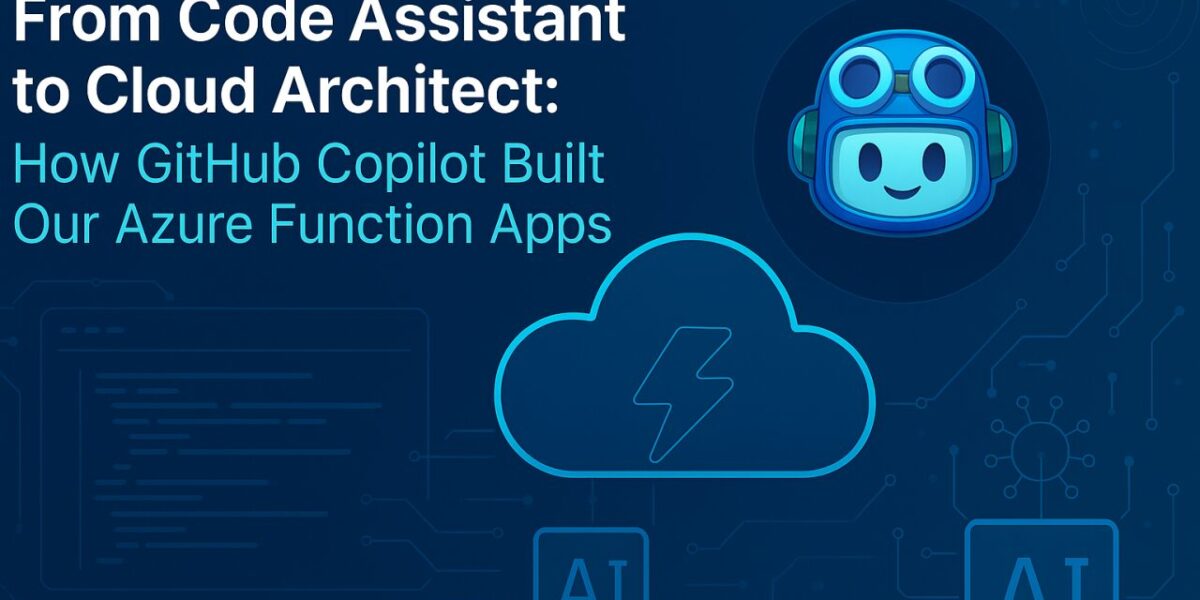We don’t often think of machine-learning methods as having an impact on an organization’s environmental, social and governance (ESG) metrics, but they can. According to some studies, training a single AI model using traditional machine learning (ML) can equal the carbon emissions of five cars across their entire lifecycles. Using sparse modeling AI is a more sustainable option.
In a pilot, a sparse modeling AI solution developed by Hacarus performed 56 times faster than a deep-learning algorithm, and delivered equivalent results using a fraction of the data, time, and energy. This technology is integrated into SAP’s Industry 4.0 solutions and reflects SAP’s vision for companies to become intelligent, sustainable, networked enterprises.
If you are interested in learning more about sparse AI, this is a good read.



